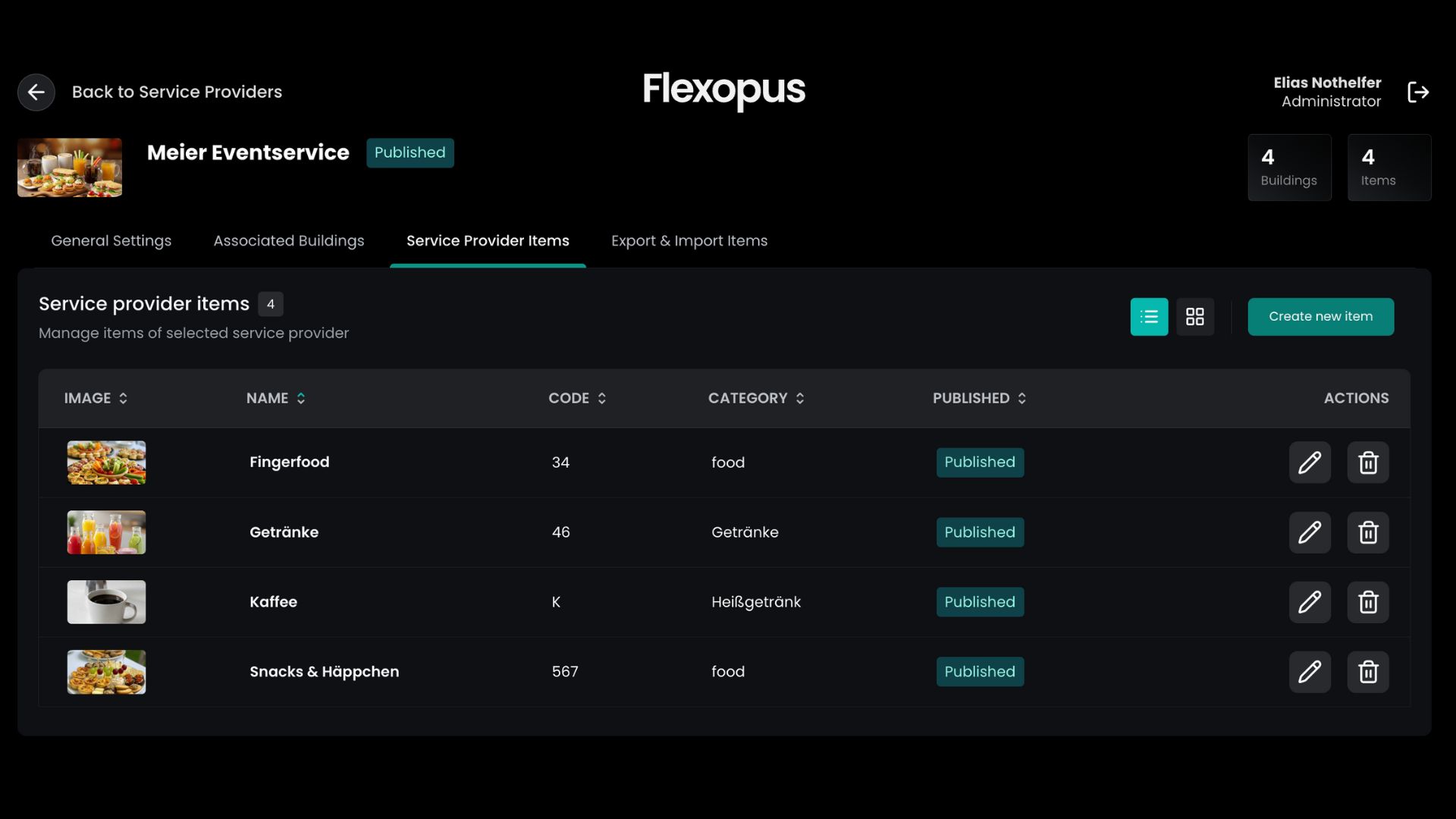New in the NEW WORK BLOG
The six significant benefits of diversity and inclusion in the workplace

Contents
In today's economic, political and global business world, diversity is becoming increasingly important. Inclusion is a major issue among executives today, and the number of companies that rate themselves as outstanding in diversity has increased. Diversity, inclusion, and equality are even having an impact on performance, as employees are increasingly speaking out about these issues today. Inclusion, equality and integration (also known in English as DEI — Diversity, Equity, Inclusion —) in the workplace are not just buzzwords. More and more employees who work in companies that employ people from different backgrounds say that they intend to stay and are not looking for another job. Conversely, this of course also means that these factors influence the choice of a job for potential employees.
What is inclusion and why should companies prioritize it?

Inclusion means that employees with different identities feel valued, respected, welcomed, included and represented, and that they can be authentic, can contribute to the collective and have a voice. To achieve this goal, all forms of discrimination must be prevented and eliminated at all levels of the organization.
Inclusion and diversity are interrelated terms, but they are not interchangeable. At the diversity is it about how the company selects employees, and when Inclusion It is about how the contributions of various employees are appreciated. When a company hires personnel from various social groups (e.g. men, women, baby boomers, Generation X, millennials, Generation Z, various religious beliefs, ethnicities, sexual orientations, etc.), it can be said that the company is diverse in this regard. That's all well and good, but the company must also value and integrate all perspectives equally in order to be inclusive. These aspects must be visible at all levels of the organization. If a company employs mostly women but all managers are men, it cannot describe itself as inclusive. Inclusivity means, for example, that a significant number of women must also be represented in management positions.
equality The workplace is something that results from creating a diverse and inclusive workplace. This is more than just about creating equal pay (equal pay for equal work). Equality is also about offering equal opportunities for training, mentoring programs, and advancement to higher positions within the company.
DEI is a matter of course for many organizations and should be a core value for all companies.
Six reasons why companies should support and promote inclusion
1. Encourage innovation, creativity and problem solving
Innovation is inherently risky, but a sense of belonging encourages employees to take risks. The proportion of employees who do not feel included remains silent and avoids providing feedback, new ideas or suggestions. When teams are made up of people with different backgrounds, abilities, experiences, and ages, each individual person will contribute to the discussions from their own perspective. This has a positive effect on the company and contributes to the company's expansion in the long term.
Create an inclusive corporate culture in which everyone can contribute, feel at ease and is proud of it. Different points of view enable team members to build on each other's ideas so that the team comes up with more creative solutions.
2. Increased productivity
Collaboration and teamwork can increase organizational productivity. A diverse team has a wider range of experience and skills, the dedicated employees are dedicated to their work, they offer the highest level of customer service, which is more likely to result in more sales. Such a company can quickly assert itself over competitors who do not have a diverse and inclusive corporate culture.
3. Attractive for potential employees
When the company is committed to diversity and inclusion, there is a wider range of applicants to choose from when looking for new talent. In addition, the chance of finding first-class applicants is much greater. Remote or hybrid work Overcomes many barriers, it's a great way for people with disabilities to work from home, or for experts to work for your company from far away. More and more companies are offering their employees desk sharing apps such as Flexopus the ability to choose between Home Office and office presence to choose. Our Stuttgart-based company employs around 30 people from five different countries. This diversity is at the core of the company; flexibility improves work-life balance. Diversity and inclusion are now desirable traits when talented people are looking for new jobs.
4. Turnover rates are falling
The costs that arise when a person has to be replaced by a new team member include the costs of searching and onboarding. Productivity losses, customer service errors, and training costs are also costs associated with employee turnover. When the turnover rate is high, the remaining employees tend not to get as involved. As a result, productivity suffers, at least temporarily.
team members, who feel valued and feel good at work, are more likely to stay with the company. Diversity, equality, and inclusion create a sense of belonging and thus reduce turnover.

5. Trust among employees
Companies that create a work environment in which every team member feels safe enough to express their opinion freely and honestly have a clear advantage over the competition. Some of the best ideas are lost or never even brought up when employees don't say what they really think. Trust between employees and managers creates a strong bond at work, which is the basis for healthy and successful relationships. When employees trust management enough to be honest and open, the company benefits from more creative ideas, and collaborators also learn to be tolerant of their colleagues' views.
6. Improved brand image
Implementing DEI initiatives in the workplace also contributes to how the brand is viewed outside the company. Strengthening your brand image shouldn't be the main interest when working for more inclusion. Nonetheless, a focus on inclusion will shape brand identity and show the business environment that decision makers are in harmony with the current social climate. Today, job seekers — particularly Generation Z —, business contacts and customers are interested in what values companies represent and how employees are treated. If the company actively takes steps to develop and improve inclusion, diversity, and equality, the market will take notice.
What is Flexopus doing to be more inclusive?

As mentioned above, our team has a diverse, multinational background that not only improves employee experience but also promotes productivity and the decision-making process.
• Accessible Flexopus app: Our team is actively working to improve the accessibility of our application in order to comply with the Web Content Accessibility Guidelines (WCAG), which ensure that people with disabilities can easily use our app.
• Flexible work arrangements: We place great value on meeting the individual needs of each of our team members by offering flexible work arrangements and taking into account individual restrictions and frameworks.
• Inclusive policy: Our company is committed to implementing measures that promote equal opportunities for employees with disabilities, from recruitment to promotion and performance evaluation.
• Set a good example: We are committed to fostering a culture of respect, acceptance, and diversity, and our leadership team exemplifies inclusive behaviors and attitudes to create an environment where everyone feels valued and supported.
Inclusion not only promotes innovation, increases productivity, reduces turnover and attracts the best talent, but also strengthens brand image. It is an effective tool for creating a dynamic, healthy and successful company.
Last updated:
2025-12-16
.svg)
Book a live demo!
Are you interested or do you have any questions?




